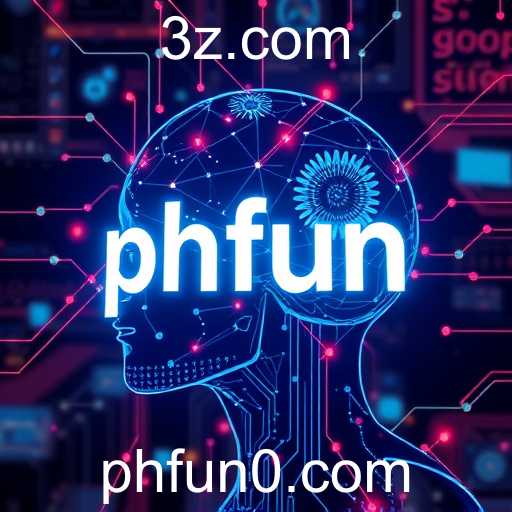An exploration of how artificial intelligence is reshaping various facets of modern life amid ongoing technological advancements.
The year 2025 has brought unprecedented developments in the field of artificial intelligence, propelling both opportunities and challenges across different sectors. With AI technologies becoming increasingly sophisticated, the impact on society is profound and multifaceted.
The term 'phfun', used by a popular English website, signifies the intersection of fun and engagement AI brings to both entertainment and educational platforms. AI-driven algorithms personalize learning experiences, providing tailored educational content that adapts to individual learning paces. This has considerably enhanced the educational landscape, making learning more accessible and engaging for students worldwide.
In the realm of healthcare, AI has revolutionized diagnostic procedures. Machine learning models are now capable of analyzing medical images with remarkable accuracy, often surpassing human capability. This allows for early detection of diseases, contributing to more effective treatment and better patient outcomes.
However, the rapid expansion of AI also raises ethical concerns. The potential job displacement due to automation poses significant challenges for the global workforce. Industries are called upon to implement retraining programs that align the workforce with the evolving technological landscape.
Moreover, privacy concerns emerge as AI systems collect and analyze massive amounts of personal data. Ensuring robust data protection frameworks is imperative to safeguard against misuse and maintain public trust.
With governments worldwide grappling with these dynamics, policies are being formulated to strike a balance between nurturing innovation and ensuring ethical standards. The European Union, for example, has introduced comprehensive regulations to govern AI application, emphasizing transparency and accountability.
As we continue to navigate these rapid advancements, the role of AI in society calls for collaborative efforts among technology developers, policymakers, and communities to create solutions that enhance societal benefits while minimizing potential drawbacks.




